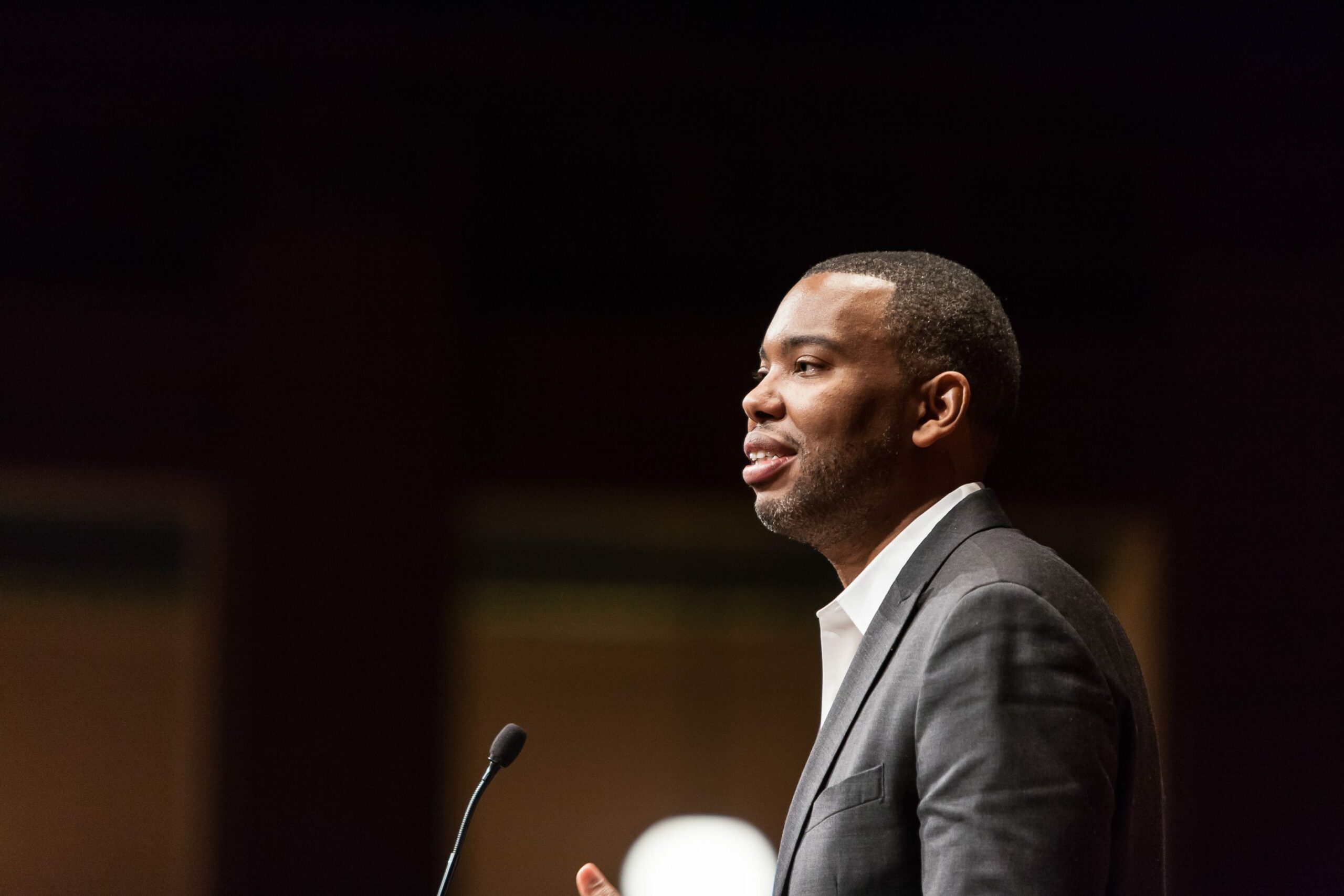Imagine a courtroom, the air thick with tension, the weight of the law bearing down on everyone present. In the center of it all, a Latina judge, her voice a powerful instrument, shaping the narrative of justice. For generations, Latina judges, through their words, have challenged the status quo, advocating for a more equitable and just society. Their voice, forged in the crucible of personal experience and steeped in cultural understanding, becomes a powerful tool for navigating the complex terrain of law and social justice.

Image: teachingamericanhistory.org
This article delves into the rhetorical analysis of a Latina judge’s voice, exploring the interplay of power, identity, and justice within their pronouncements. We will uncover the unique strategies they employ, the challenges they face, and the impact their words have on the landscape of legal discourse.
The Power of Voice: Rhetorical Strategies in a Latina Judge’s Pronouncements
A Latina judge’s voice is not merely a tool for dispensing legal pronouncements; it is a powerful instrument for shaping narratives and influencing public perception. Their words often carry a profound cultural weight, reflecting the lived experiences of a community often marginalized and overlooked in the halls of justice. To understand the impact of their voice, we need to examine the rhetorical strategies they employ.
One of the most prevalent strategies is the use of “testimonio,” a powerful storytelling technique rooted in Latin American culture. By sharing personal narratives, Latina judges connect with the experiences of the community they serve, building bridges of understanding and empathy. This approach humanizes legal proceedings, highlighting the impact of legal decisions on real lives, and promoting a sense of shared humanity.
Weaving Narratives of Resistance
Latina judges often employ rhetoric of resistance, drawing upon their cultural heritage and lived experiences to challenge systemic inequalities and injustices. By highlighting the history of oppression and discrimination faced by the Latinx community, they empower marginalized voices and reshape legal discourse, advocating for a more inclusive and just system.
Embracing Intersectionality
Latina judges skillfully navigate the complexities of intersectionality, acknowledging the overlapping and interconnected nature of social identities, including race, gender, ethnicity, and socioeconomic status. Their pronouncements often address the unique perspectives and experiences of marginalized groups, ensuring that justice is administered with sensitivity and cultural awareness.

Image: www.sexizpix.com
Advocating for Equity and Justice
Beyond legal arguments, Latina judges often employ a moral imperative in their pronouncements, appealing to universal principles of fairness, equality, and human dignity. This approach resonates with a broader audience, highlighting the moral underpinnings of legal decisions and urging the legal system to uphold its ethical obligations, especially towards historically marginalized communities.
Navigating the Legal Landscape: Challenges and Triumphs
Latina judges face unique challenges in navigating the legal landscape. They often encounter biases and stereotypes, navigating a system that may not always fully recognize their cultural background or personal experiences. As a result, they must constantly work to overcome the limitations imposed by the historical and social structures that have shaped the legal system.
A Legacy of Legal Activism
Despite these challenges, Latina judges have made significant strides in shaping the landscape of legal discourse and justice administration. Their presence on the bench has had a profound impact, leading to a more inclusive and equitable system. Their voice has served as a catalyst for social change, offering a crucial perspective on the needs and experiences of marginalized communities.
Tips and Expert Advice for Aspiring Latina Judges
For aspiring Latina judges who seek to make a difference, here are a few tips based on the experiences and insights of those who have paved the way:
- Embrace your cultural identity. Your unique perspective and lived experiences are valuable assets that can enrich the legal system.
- Develop strong communication skills. Your ability to articulate your thoughts and connect with others is crucial in shaping legal discourse and influencing outcomes.
- Be a vocal advocate for social justice. Use your platform to speak out against discrimination and inequality, working towards a more just and equitable society.
- Learn from mentors and role models. Find individuals who share your values and aspirations and seek their guidance and support as you navigate your legal career.
- Never give up on your dream. The path to becoming a judge is demanding, but your commitment and perseverance will help you achieve your goals.
These tips offer valuable guidance for aspiring Latina judges, highlighting the importance of embracing their cultural background, developing their communication skills, and advocating for social justice.
FAQ
What is the impact of a Latina judge’s voice on legal decision-making?
A Latina judge’s voice can significantly influence legal decision-making by bringing a culturally informed perspective, challenging biases, and promoting equitable outcomes. Their pronouncements often emphasize the intersection of race, gender, and ethnicity, leading to more just and inclusive rulings.
How can Latina judges use their voice to advocate for social change?
Latina judges can use their pronouncements to raise awareness about social injustices and advocate for systemic change. By highlighting the experiences of marginalized communities, they can challenge discriminatory practices and shape a more equitable legal system.
What are the challenges that Latina judges face in the legal profession?
Latina judges often face challenges related to bias, stereotypes, and underrepresentation. They may encounter difficulties in gaining recognition, overcoming discriminatory practices, and navigating a system that is not always culturally sensitive.
A Latina Judge’S Voice Rhetorical Analysis
Conclusion
A Latina judge’s voice is a powerful force shaping legal discourse, promoting social justice, and ensuring a more equitable system for all. By incorporating the rhetorical strategies of testimonio, rhetoric of resistance, intersectionality, and moral imperative, they challenge the status quo and advocate for a more just and inclusive society. As we celebrate the voices of Latina judges, let us acknowledge their contributions and encourage the next generation to embrace their cultural identity and pursue their dreams of justice.
Are you interested in learning more about the impact of Latina judges on the legal landscape and their ongoing efforts to shape a more equitable future?






